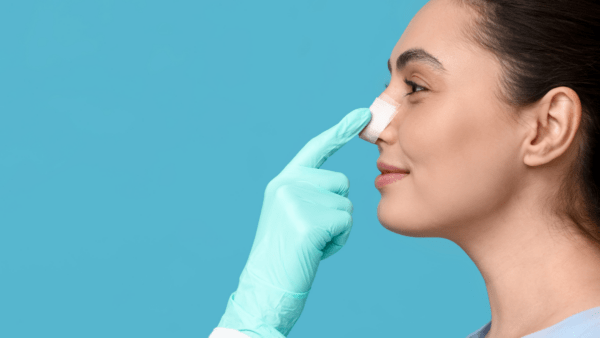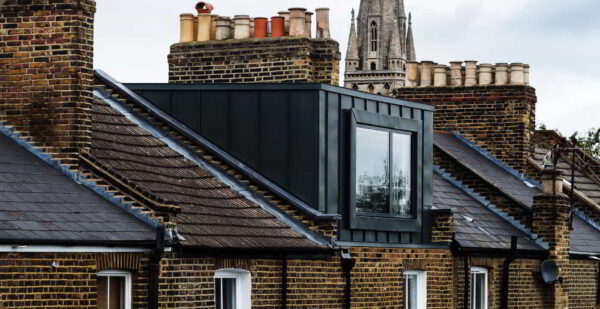
Seasonal Affective Disorder: Could Massage Help Relieve Winter Woes?

Finding it hard to get out of bed in the morning? Snapping at friends and family? Feeling generally ratty and a bit ‘off’? It could be more than just January blues getting you down.
SAD – that’s Seasonal Affective Disorder – hits more than 1 in 20 people in the UK, but if you’re one of them, there aresteps you can take to boost your mental health during those cold, dark winter months: from getting the right dose of vitamins to massage therapy. But first, let’s answer an important question…
What is Seasonal Affective Disorder?
Striking most sufferers in the autumn and continuing throughout winter, SAD is a type of depression that’s linked with a change in the seasons. You could be suffering from symptoms such as low self-esteem, irritability, low energy or even be more catching more colds than normal. Not everyone who feels down during winter will be diagnosed with SAD, but over a third of adults suspect they have it or suffer from low moods between autumn and spring.
There’s no real clear answer to what causes SAD, with some saying it’s linked to a lack of natural sunlight as the nights draw in for winter. Among other things, this affects our body’s circadian rhythm, which can reduce our sleep and leave us feeling more tired, short-tempered, and depressed than usual.
How can we overcome SAD?
Common remedies include spending more time outside in daylight, exercising regularly or eating healthily. But with so many of us having busy schedules, working long hours indoors, and taking care of family, it can be difficult to findthe time every day to do the things that make us feel better. The busier we are, the more stressed we become, and the worse our symptoms get. So how can we get out of this cyclethat’s making SAD symptoms worse, and harder to cope with?
The good news is there are ways that you can alleviate mild or moderate SAD symptoms, no matter how busy you are. You could try to: – Limit caffeine intake to help improve sleep- Eat more food/supplements containing Vitamin D- Break exercise into smaller manageable chunks – Start doing quick and easy breathing exercises
But if you want to make just one, simple change to your lifestyle (that requires minimal effort on your part) you could try massage therapy. Evidence has shown that even squeezing in just a single one-hour session every month can be enough to make a massive difference to your wellbeing, alleviating stress and anxiety while reducing muscle tension, improving blood circulation and helping you sleep.
How can massage help with SAD?
Massage increases the production of the ‘feel-good’ hormones that influence our mood. One study showed that regular massage therapy marked an average increase of 28% in serotonin and an average increase of 31% in dopamine.
According to The Massage Company Co-Founder and Managing Director Charlie Thompson, regular massage therapy is a fantastic way to alleviate mental health issues – particularly when a lack of physical contact has been so prevalent in recent months.
“Whether it’s saying hello or goodbye to friends and colleagues, there’s been a huge lack of contact over the last 18 months which will have massively worsened mental health issues for people,” he says.
Around 31% of customers said that mental health was one of their main reasons for visiting The Massage Company. In the same survey, 35.7% said that being more relaxed in everyday life was an unexpected benefit of massage therapy, while 26.2% said they were less stressed 26.2%.
“The great thing is that massage also reduces muscle tension, so there are physical as well as mental benefits in terms of insomnia,” says Charlie. “You can enhance those with things like aromatherapy, depending on the types of massage therapy you are looking for.”
SAD may affect people more in the winter months than the rest of the year, but it highlights the importance of dealing with depression and anxiety as part of a healthy routine. With businesses like The Massage Company making massage more accessible, we could see massage become an even bigger health and wellness trend in 2022.
If you are struggling with your mental health – seasonal or otherwise – it’s important you get the help you need. Make sure you talk to your GP as well as taking steps to change your lifestyle.














































